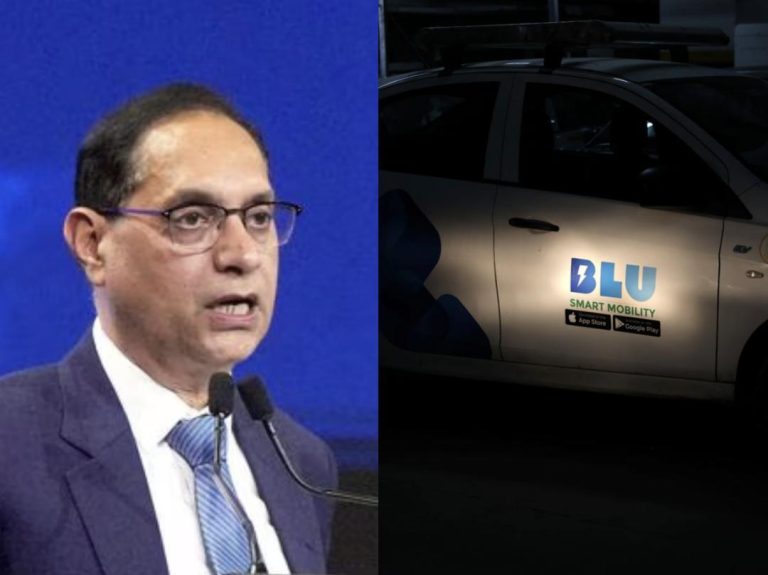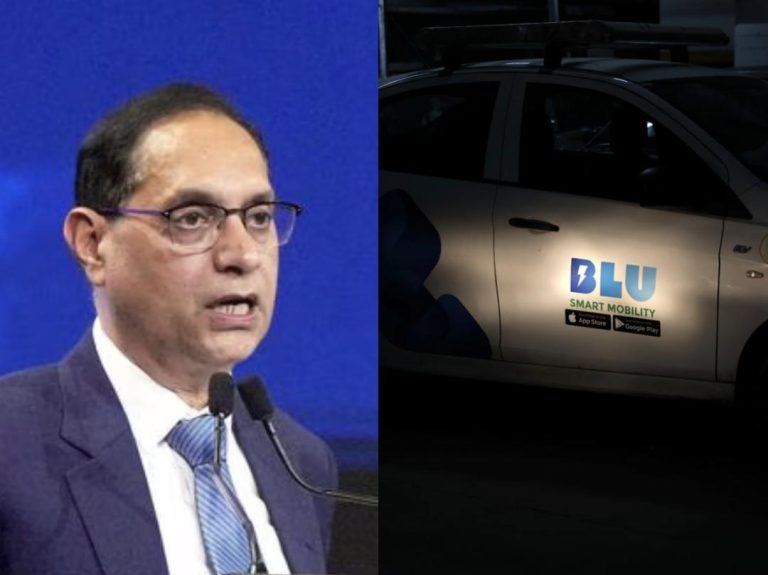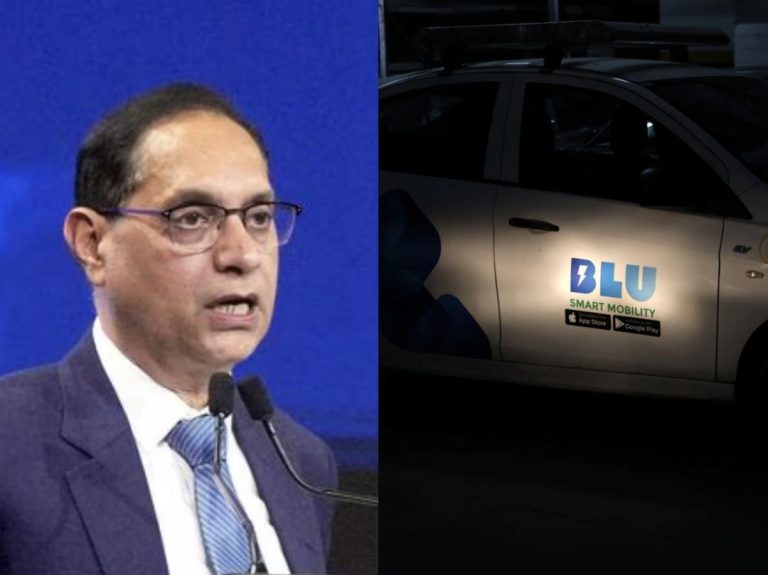
Startup Founders are Heroes, They Should be Respected: Info Edge Founder Bikhchandani
The startup ecosystem in India has been growing rapidly over the past few years, with thousands of new ventures emerging every year. While this growth is a sign of a thriving economy, it has also led to a mixed bag of successes and failures. Recently, a comment made by columnist and startup founder Suhel Seth has sparked a debate in the startup community. Seth stated that 80% of startups in India are “nothing but a racket”, which has drawn a strong response from fellow founder and Info Edge founder Sanjeev Bikhchandani.
In a recent article, Bikhchandani expressed his disagreement with Seth’s comment, saying that startup founders take a huge risk with their careers and future to pursue their entrepreneurial dreams. He emphasized that they are indeed heroes and should be respected, rather than being abused or belittled.
The startup journey is never easy, and founders face numerous challenges, from raising funds to building a team to navigating the complex regulatory landscape. Despite these challenges, founders continue to push forward, driven by their passion and vision. They are the ones who take calculated risks, often putting everything on the line, to turn their ideas into reality.
Bikhchandani’s statement is a much-needed reminder that startup founders are not just entrepreneurs, but also leaders who inspire and motivate others. They are the ones who create jobs, drive innovation, and contribute to the growth of the economy. Without them, the startup ecosystem would not be where it is today.
It’s also important to note that every startup, regardless of its size or success, has a story to tell. Every founder has a unique journey, filled with triumphs and setbacks. Rather than dismissing the entire ecosystem as a “racket”, we should be celebrating the successes and learning from the failures.
The startup community is not immune to criticism, and there are indeed many examples of startups that have failed to deliver on their promises. However, this does not mean that the entire ecosystem is flawed. Instead, it’s a sign that the startup journey is inherently challenging and that founders need to be prepared to adapt and overcome obstacles.
In his article, Bikhchandani also highlighted the importance of supporting and empowering startup founders. This can be done by providing them with access to funding, mentorship, and resources. It’s also crucial to create a culture of innovation and experimentation, where founders feel encouraged to take risks and push the boundaries of what’s possible.
In conclusion, startup founders are indeed heroes who deserve respect and admiration. They are the ones who drive innovation, create jobs, and contribute to the growth of the economy. Rather than dismissing the entire ecosystem as a “racket”, we should be celebrating the successes and learning from the failures. By supporting and empowering startup founders, we can create a thriving ecosystem that benefits everyone involved.



